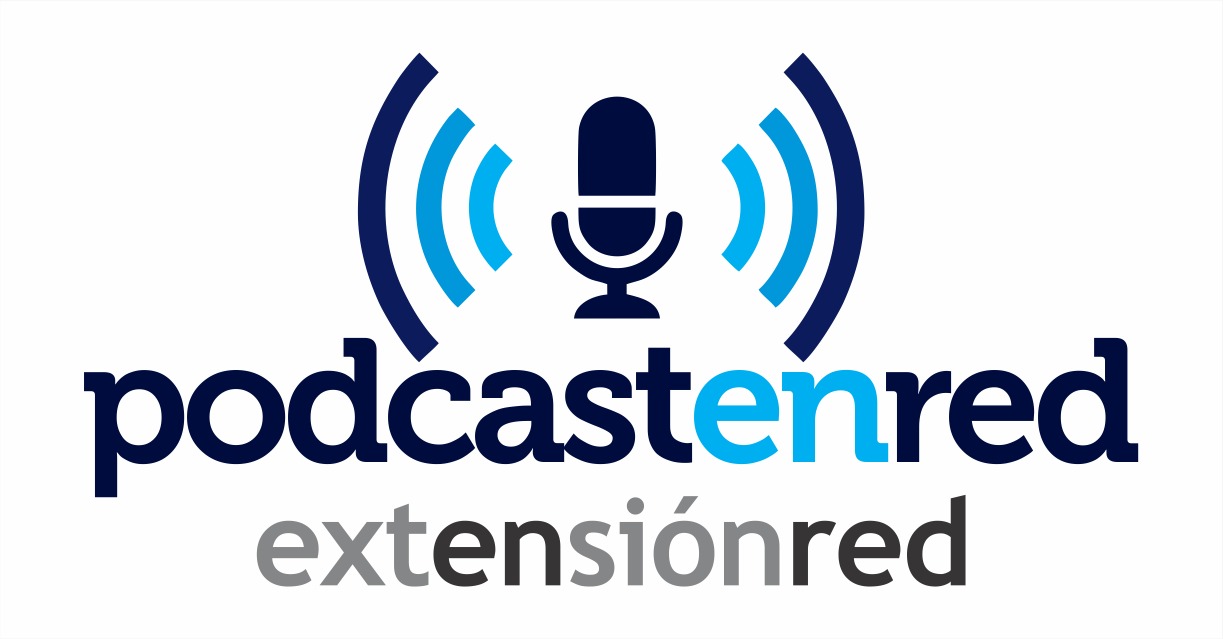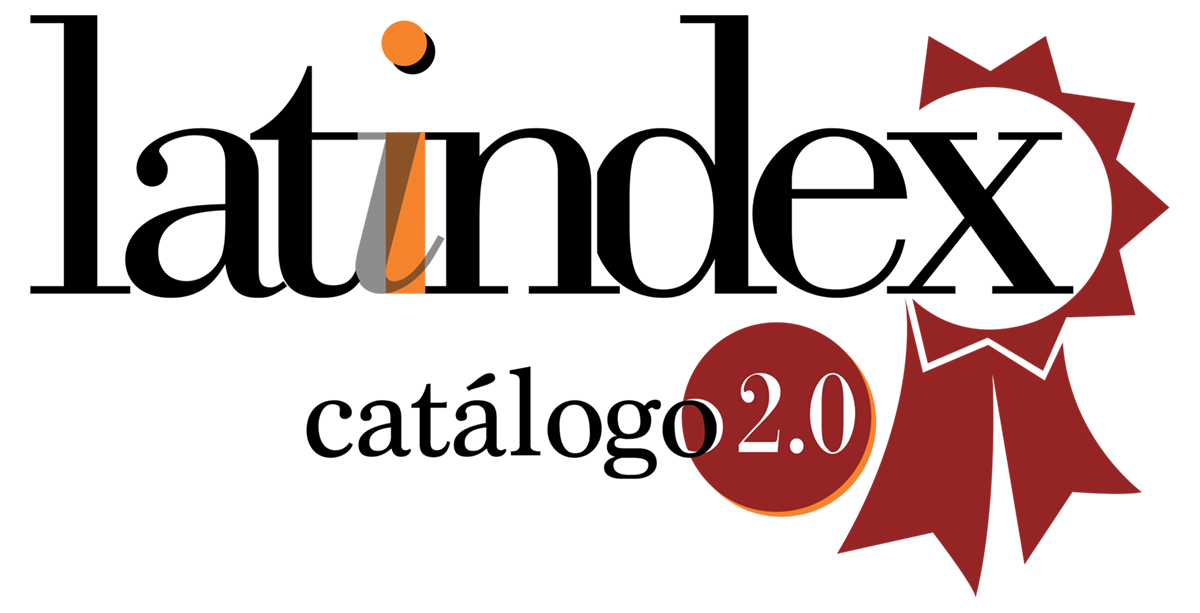Memories About a Proposal for Curricular Inclusion of Extension Field
An Investigation from Narrations of Graduates of the Geography Teaching Program (UNL)
DOI:
https://doi.org/10.24215/18529569e010Keywords:
extension, curricular inclusion, geography, didacticsAbstract
The article presents the results of an inquiry that seeks to approach those meanings graduated from the Geography Teaching Program of the National University of Litoral (UNL) grant to a curricular inclusion proposal of the extension field in which they participated, in articulation actions with two primary schools. The investigation with narrative methodology recovers, from interviews, their memories and their evaluations about that experience, after two years of its completion, in order to know the contributions how the extensionist practices influenced them when they were students and for their subsequent teaching performances.
Downloads
References
Arocena, R. (2011). Curricularización de la extensión: ¿por qué, cuál, cómo? Cuadernos de extensión, (1), 9-17. Recuperado de http://beu.extension.unicen.edu.ar/xmlui/bitstream/handle/123456789/168/Cuaderno_integralidad.pdf?sequence=1&isAllowed=y
Camilloni, A. (2017). La evaluación de Proyectos de Extensión incluidos en el currículo universitario. En G. Menéndez y otros, Integración, docencia y extensión 2: otra forma de enseñan y aprender (pp. 25-44). Santa Fe, Argentina: Universidad Nacional del Litoral.
Chase, S. (2015). Investigación narrativa. Multiplicidad de enfoques, perspectivas y voces. En N. Denzin e Y. Lincoln (Coords.), Métodos de recolección y análisis de datos (pp. 58-112). Barcelona, España: Gedisa.
Contino, P. y Daneri, M. (2016). Hacia una geografía relacionante del cuerpo colectivo. En P. Contino y M. Daneri (Comps.), Cartografías del territorio. De la crónica extensionista a la reflexión integral de la Universidad (pp. 15-25). Rosario, Argentina: Universidad Nacional de Rosario.
Díaz Barriga Arceo, F. (2003). Cognición situada y estrategias para el aprendizaje significativo. Revista Electrónica de Investigación Educativa, 5(2), 1-13. Recuperado de http://redie.ens.uabc.mx/vol5no2/contenido-arceo.html
Kaplún, G. (2014). La integralidad como movimiento instituyente en la universidad. InterCambios, (1), 45-51. Recuperado de http://ojs.intercambios.cse.udelar.edu.uy/index.php/ic/article/view/9
Lossio, O. (2016). La incorporación de prácticas de extensión de educación experiencial en una cátedra de didáctica especial de geografía. Experiencias desde la Universidad Nacional del Litoral. Revista Brasileira de Educação em Geografia, 6(11), 288-305. Recuperado de http://www.revistaedugeo.com.br/ojs/index.php/revistaedugeo/article/view/309/192
Lossio, O. (2017). Enseñar y aprender mediante prácticas de extensión. Experiencias en la asignatura Didáctica de la Geografía (FHUC-UNL). En G. Menéndez y otros, Integración, docencia y extensión 2: otra forma de enseñan y aprender (pp. 81-97). Santa Fe, Argentina: Universidad Nacional del Litoral.
Lossio, O. y Ruben, A. (2017). Las voces de estudiantes del Profesorado de Geografía sobre la inclusión curricular de la extensión. Revista +E, (7), 296-307. Recuperado de http://bibliotecavirtual.unl.edu.ar/ojs/index.php/Extension/article/view/7074/10320
Nicastro, S. y Andreozzi, M. (2013). Asesoramiento pedagógico en acción. La novela del asesor. Ciudad Autónoma de Buenos Aires, Argentina: Paidós.
Rafaghelli, M. (2016). Las Prácticas de Extensión de Educación Experiencial como oportunidad para integrar docencia y extensión. Revista +E, (6), 8-15. Recuperado de https://bibliotecavirtual.unl.edu.ar/publicaciones/index.php/Extension/article/view/6308/9275
Romano, A. (2011). Sobre los espacios de formación integral en la universidad. Una perspectiva pedagógica. Cuadernos de extensión, (1), 85-107. Recuperado de http://pim.udelar.edu.uy/wp-content/uploads/sites/14/2016/11/Cuaderno_integralidad.pdf
Tommasino, H. y Cano, A. (2016). Modelos de extensión universitaria en las universidades latinoamericanas en el siglo XXI: tendencias y controversias. Revista Universidades, (67), 7-24. Recuperado de http://www.redalyc.org/pdf/373/37344015003.pdf
Tommasino, H. y Rodríguez, N. (2011). Tres tesis básicas sobre extensión y prácticas integrales en la Universidad de la República. Cuadernos de extensión, (1), 19-42. Recuperado de http://pim.udelar.edu.uy/wp-content/uploads/sites/14/2016/11/Cuaderno_integralidad.pdf
Downloads
Published
How to Cite
Issue
Section
License
Copyright (c) 2019 Oscar José María Lossio

This work is licensed under a Creative Commons Attribution-NonCommercial-ShareAlike 4.0 International License.
The acceptance of an original by the journal implies the non-exclusive transfer of the patrimonial rights of the authors in favor of the publisher, who allows the reuse, after its edition (postprint), under a Creative Commons License Attribution-NonCommercial-ShareAlike 4.0 International.
According to these terms, the material can be shared (copy and redistribute in any medium or format) and adapted (remix, transform and create another work from the material), provided that a) the authorship and the original source of their publication (magazine and URL of the work) are cited, b) is not used for commercial purposes and c) the same terms of the license are maintained.
The assignment of non-exclusive rights implies that after postprint in Extensión en red authors may publish their work in any language, media and format; in that case, it is requested that they signal that the material was originally published by this journal.
Assignment also entails the authors’ authorization for the work to be collected by SEDICI, the institutional repository of the Universidad Nacional de La Plata, and for it to be indexed in the databases that the publisher thinks appropriate for enhancing the visibility of the published work and its authors.
In addition, the journal encourages authors to submit their works to other institutional and thematic repositories after their publication in Extensión en red, under the assumption that offering society unrestricted access to scientific and academic production contributes to a greater exchange in global knowledge.








.jpg)

.png)


.png)





















